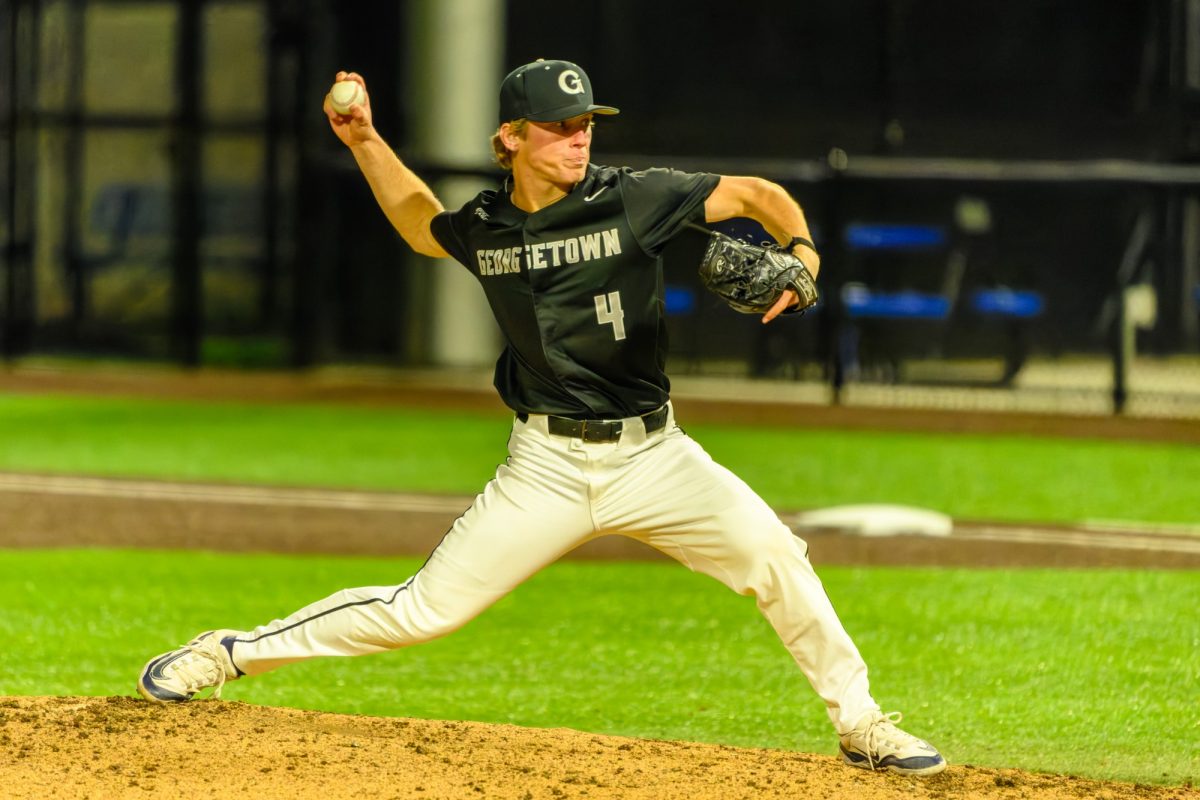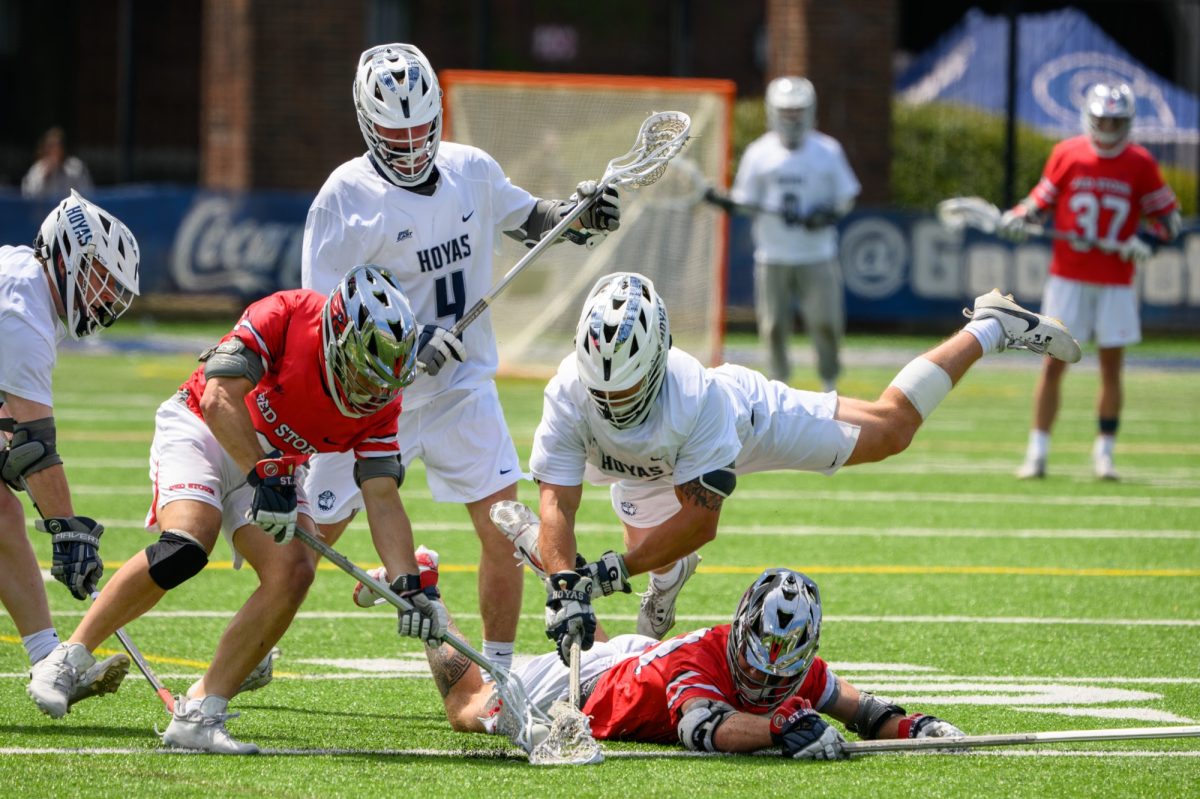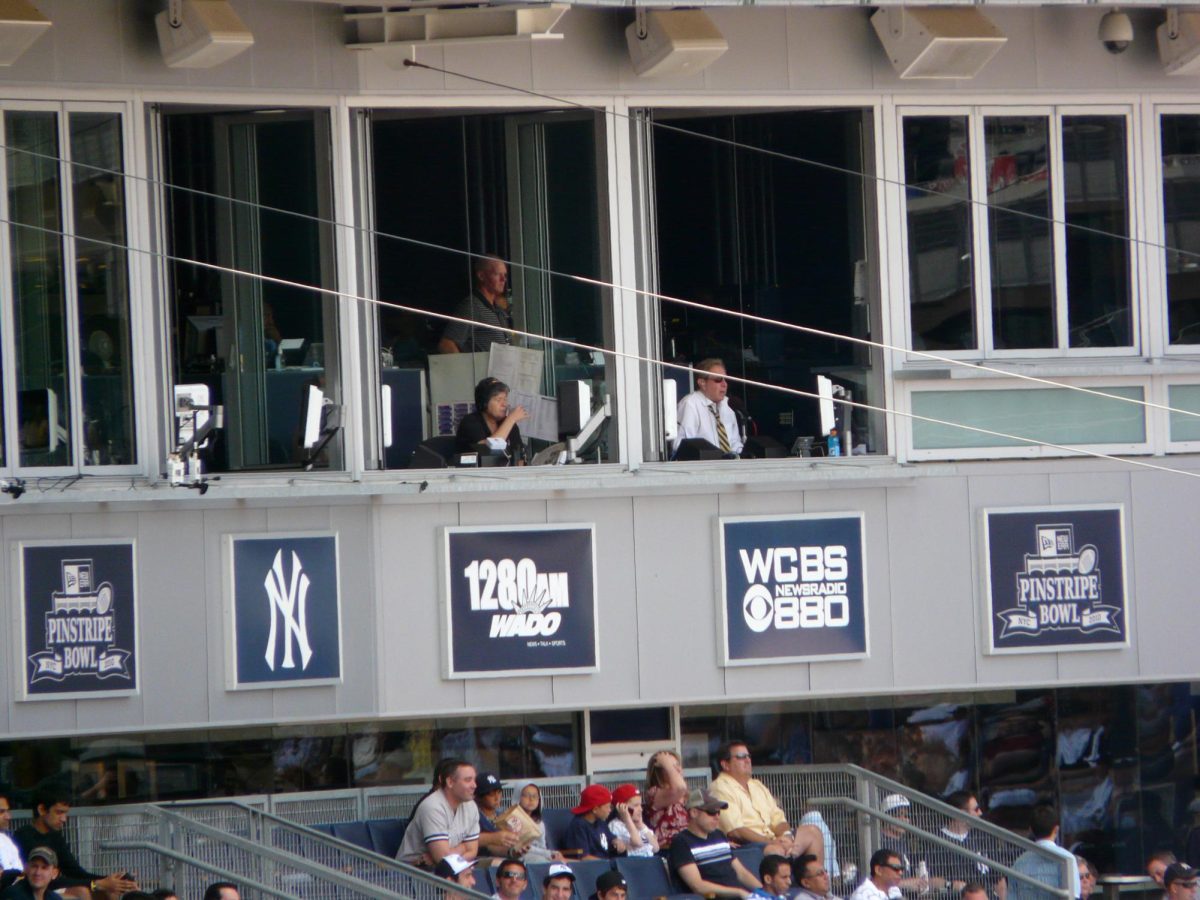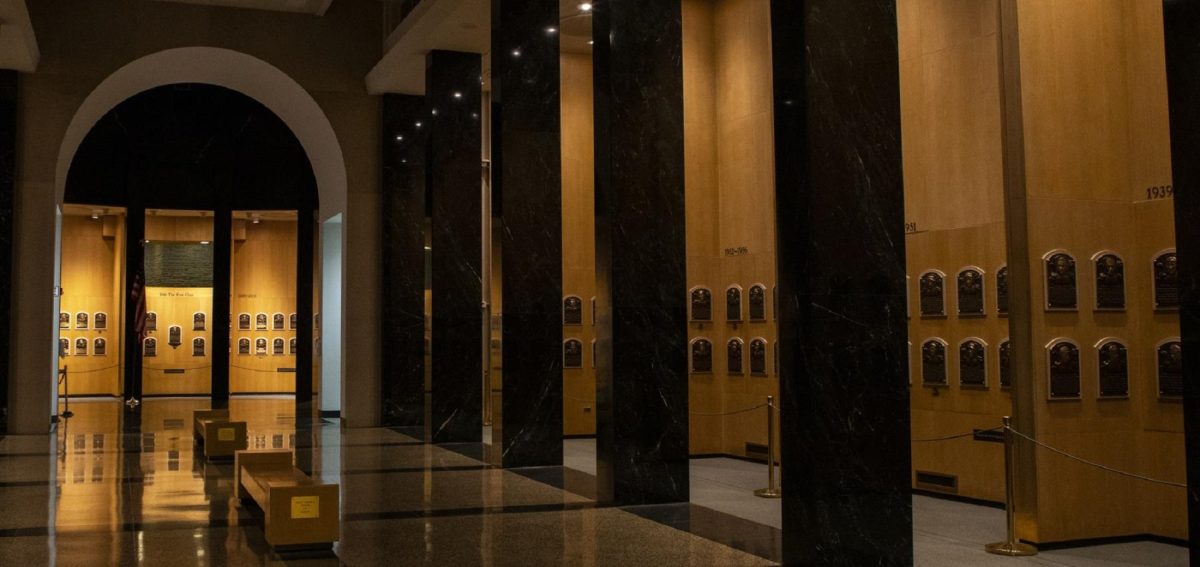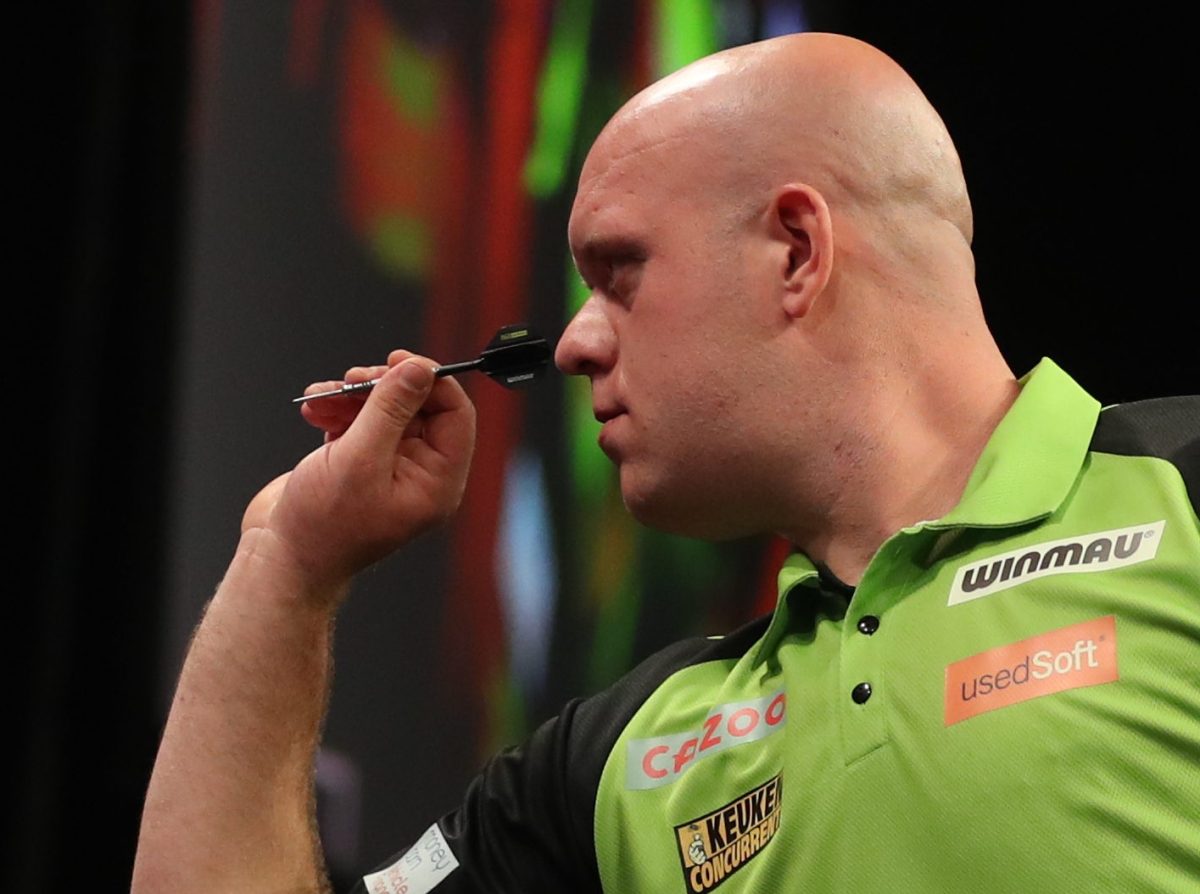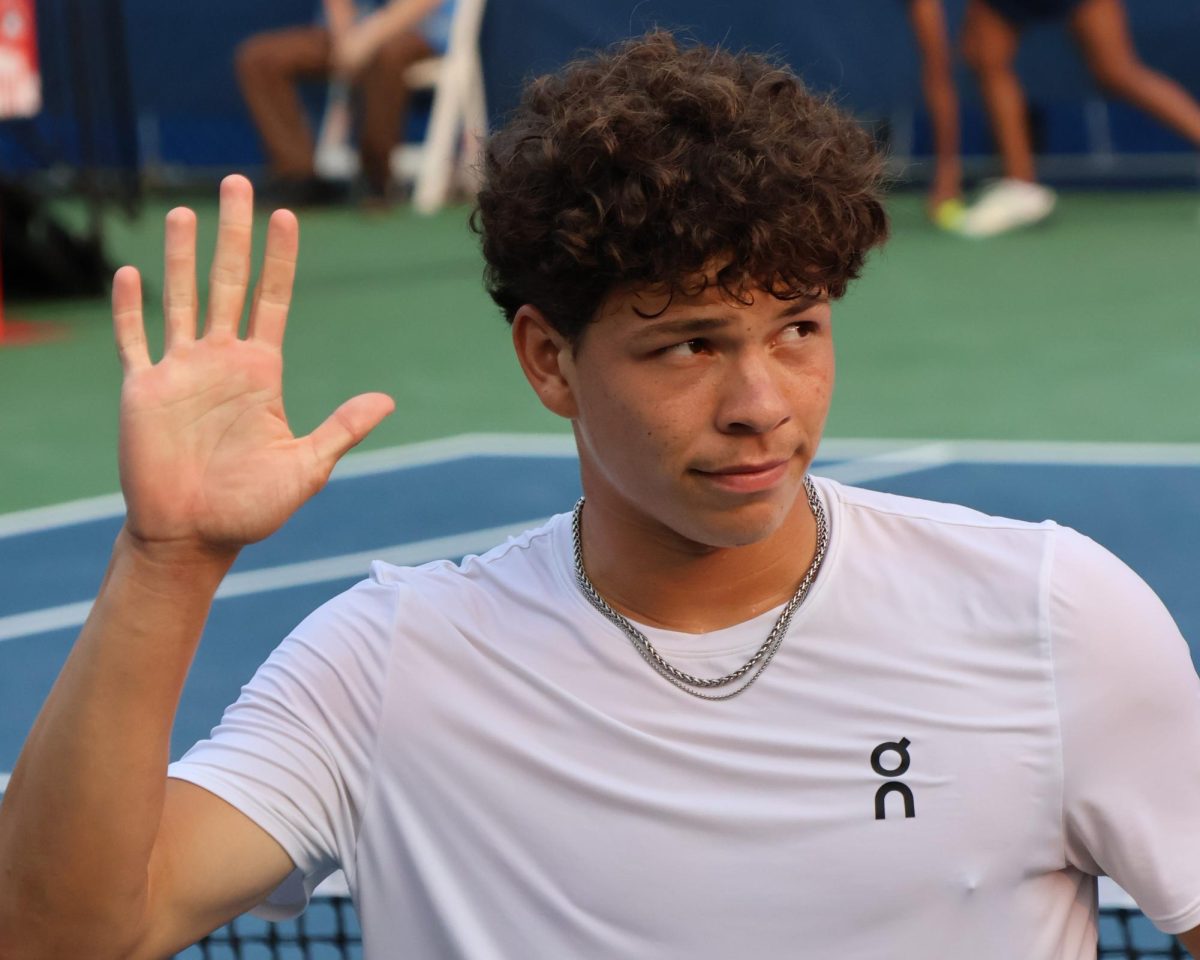The Washington Nationals entered this year’s postseason boasting a National League best of 96 wins. Winning eight of their last 10 games, the Nationals were poised for a strong postseason and World Series contention. However, it took just four games and a wild pitch to unravel the dreams of a city.
The Nationals had their chance in game four of the National League Division Series. In the top of the seventh inning, trailing the San Francisco Giants two games to one in the best of five series, Washington left fielder Bryce Harper hit a deep solo home run that tied the game at 2-2 and appeared to give the Nationals some hope. But that hope would be lost just moments later.
In the bottom of the seventh inning with the bases loaded, Nationals rookie pitcher Aaron Barrett threw a pitch in the dirt. The wild pitch, which bounded past catcher Wilson Ramos, resulted in the series-deciding run as Giants second baseman Joe Panik scampered home from third base. The play and early postseason exit incited a firestorm of criticism directed at Nationals manager Matt Williams.
The Nationals’ deep and experienced bullpen was part of their winning formula all season long, which makes Williams’ decision to play Barrett, a rookie, all the more baffling for some. However, whether you side with Williams or not, this series was not lost based on one relief pitching decision; this was a collective dud of a performance by the Nationals.
While a pitching miscue may have been the nail in the coffin for Washington, it was a lackluster offense that got them in trouble in the first place. Right fielder Jason Werth, Washington’s highest-paid player, mustered only one hit in 17 at-bats during the series. Meanwhile, lead-off hitter Denard Span went just 2-for-19 and cleanup hitter Adam LaRoche went a paltry 1-for-18.
Harper’s strong hitting and his ultimately futile heroics were the lone bright spots for the Nationals’ offense. The team looked frustrated and disengaged as they failed to produce runs, and contributed to the squad’s abysmal combined .164 batting average.
In fact, Barrett’s wild pitch would not have been fatal had the Nationals been able to create more offense earlier in the game and the series.
The typically offensively-gifted Nationals had 18 innings to produce a timely run in game 2, which they failed to do in front of a sold-out home crowd. Impressive starting pitching by Jordan Zimmermann managed to hold the Giants at bay in the marathon game, only allowing one run until San Francisco first baseman Brandon Belt homered the deciding run after over six hours of play.
The team seemed to lack focus and drive, as the series was filled with other avoidable mistakes. In Game 4, with the season on the line, starting pitcher Gio Gonzalez gave up two runs after back-to-back mistakes. The left-hander first failed to turn a double play and then in the next at-bat, Gonzalez interfered with his own player trying to field a ball, leading to a pair of crucial runs for the Giants.
In addition, Williams didn’t even get to see the end of the 18 inning classic after his ejection in the 10th inning. The Nationals manager defended shortstop Asdrubal Cabrera who argued with the umpire about the strike zone, an argument that can only end with an ejection of either the player or coach.
In light of all of these miscues, Williams’ decision to play Barrett in the crucial moment of Game 4 still stands out as a glaring mistake. Although it is easier to criticize Williams in hindsight, it does not excuse the mistake of calling upon an inexperienced pitcher to contribute with the season on the line, especially when trusted veterans were at the manager’s disposal. D.C. fans are stuck wondering what could have been, particularly given that star starting pitcher Stephen Strasburg was available to pitch in relief in addition to the regular bullpen stalwarts.
Nationals fans may now doubt if the team has what it takes to win in the playoffs. The loss brings up memories of the 2012 National League Division Series.. Coming off of a promising regular season, the top-seeded Nationals were taken down by the St. Louis Cardinals. Washington was excused for that loss due to an inexperienced squad and the excitement over the franchise’s first playoff birth since 1981. But a similar loss just two years later has fans worrying about the resolve of their team, and whether the Nationals possess championship-caliber leaders and decision makers.
After two underwhelming postseason performances, the pressure is on for the Nationals in 2015. Next fall, Washington will be expected to win and will not have the benefit of being considered newcomers. Instead, they will face high expectations as they try to reverse their reputation as playoff underperformers. But perhaps a sense of pressure is the missing ingredient for a team that appeared to lack composure and urgency during this year’s short playoff run.
Daniel Litke is a senior in the School of Foreign Service. Capitals Hill appears every Friday.








